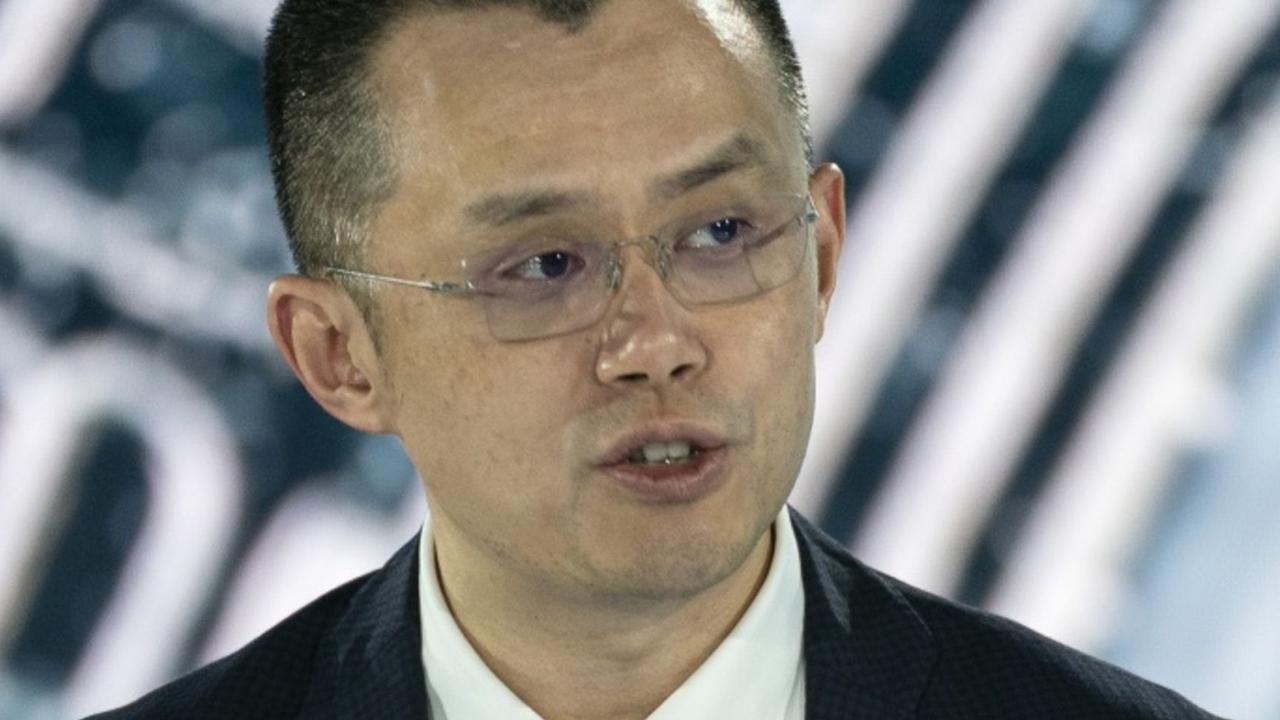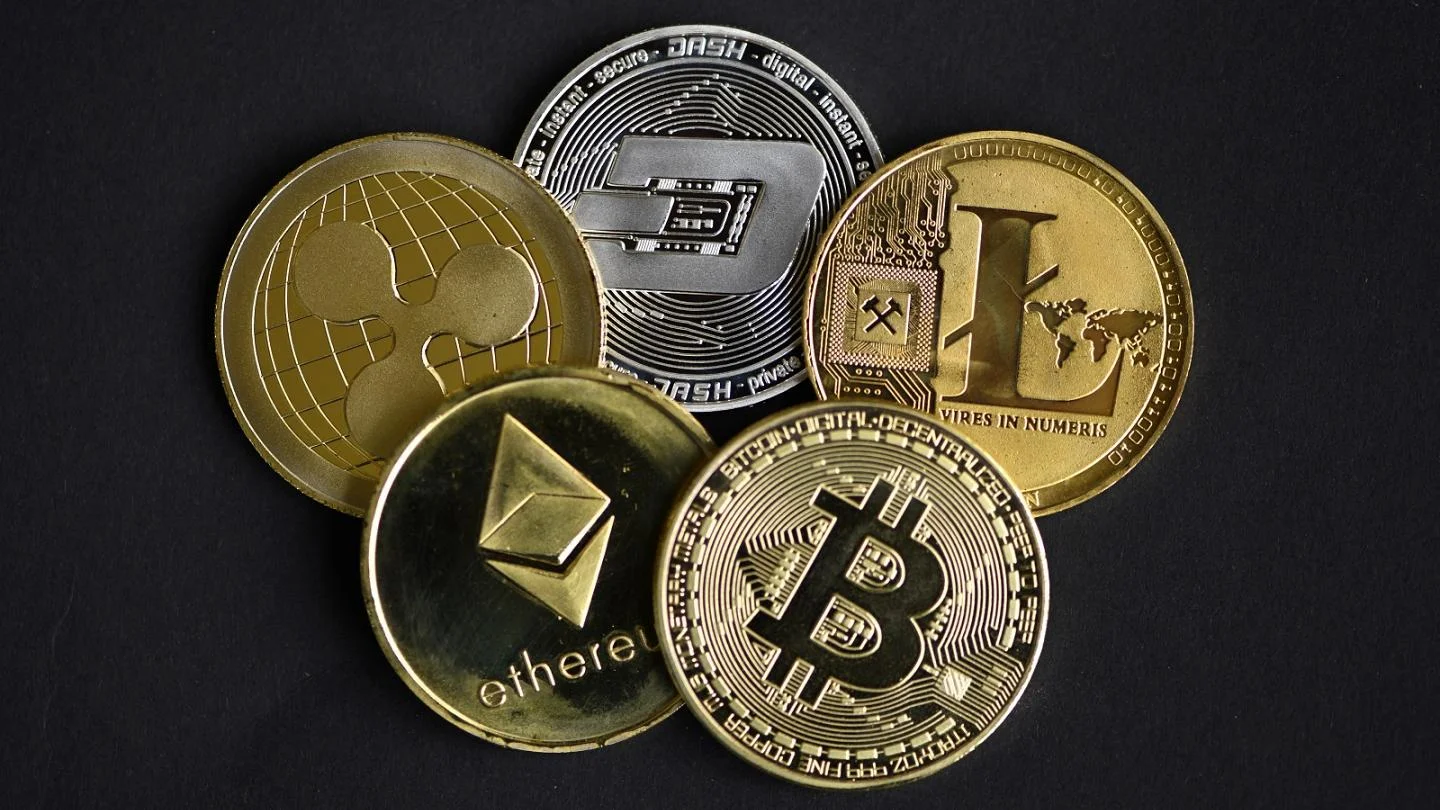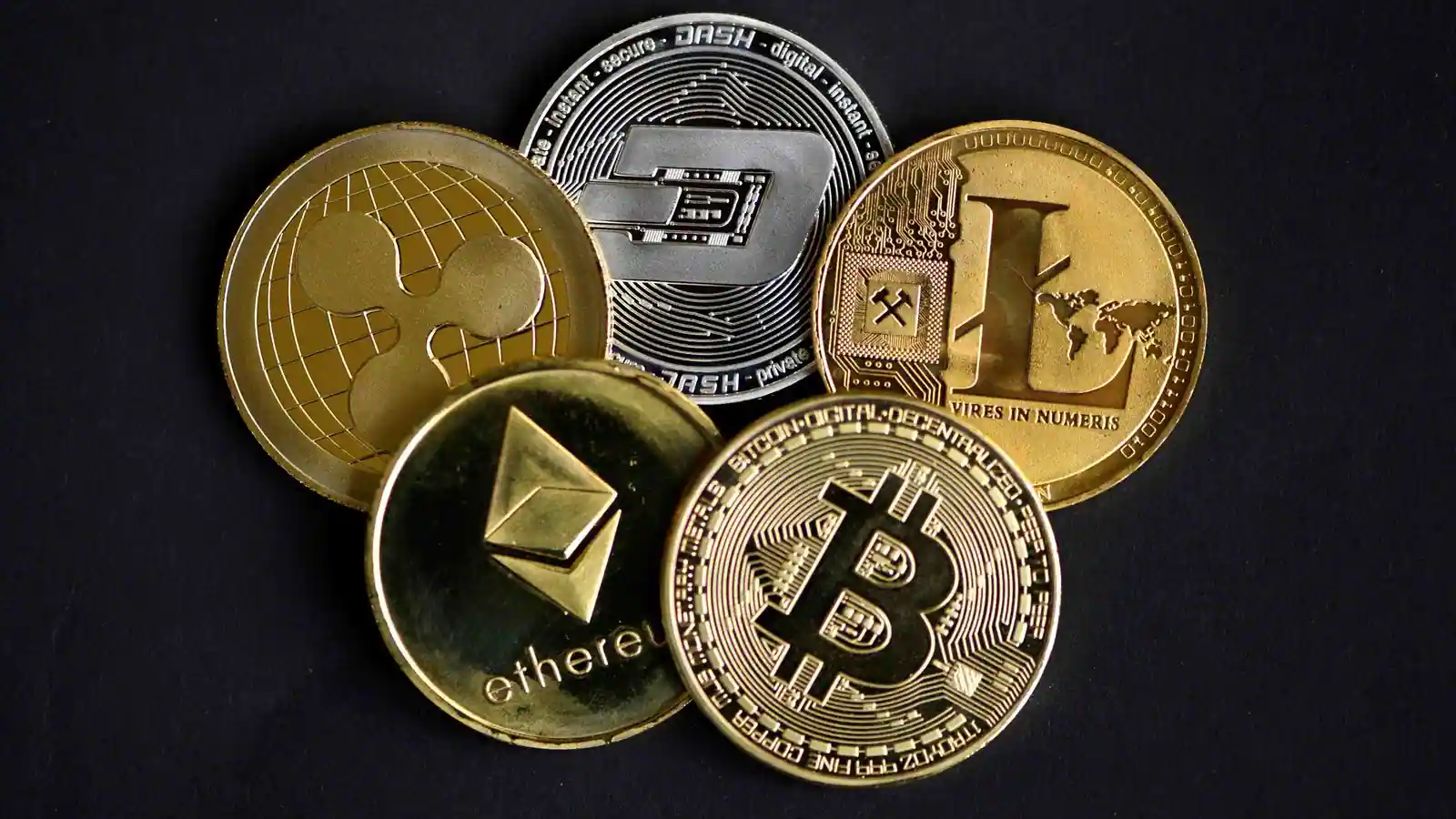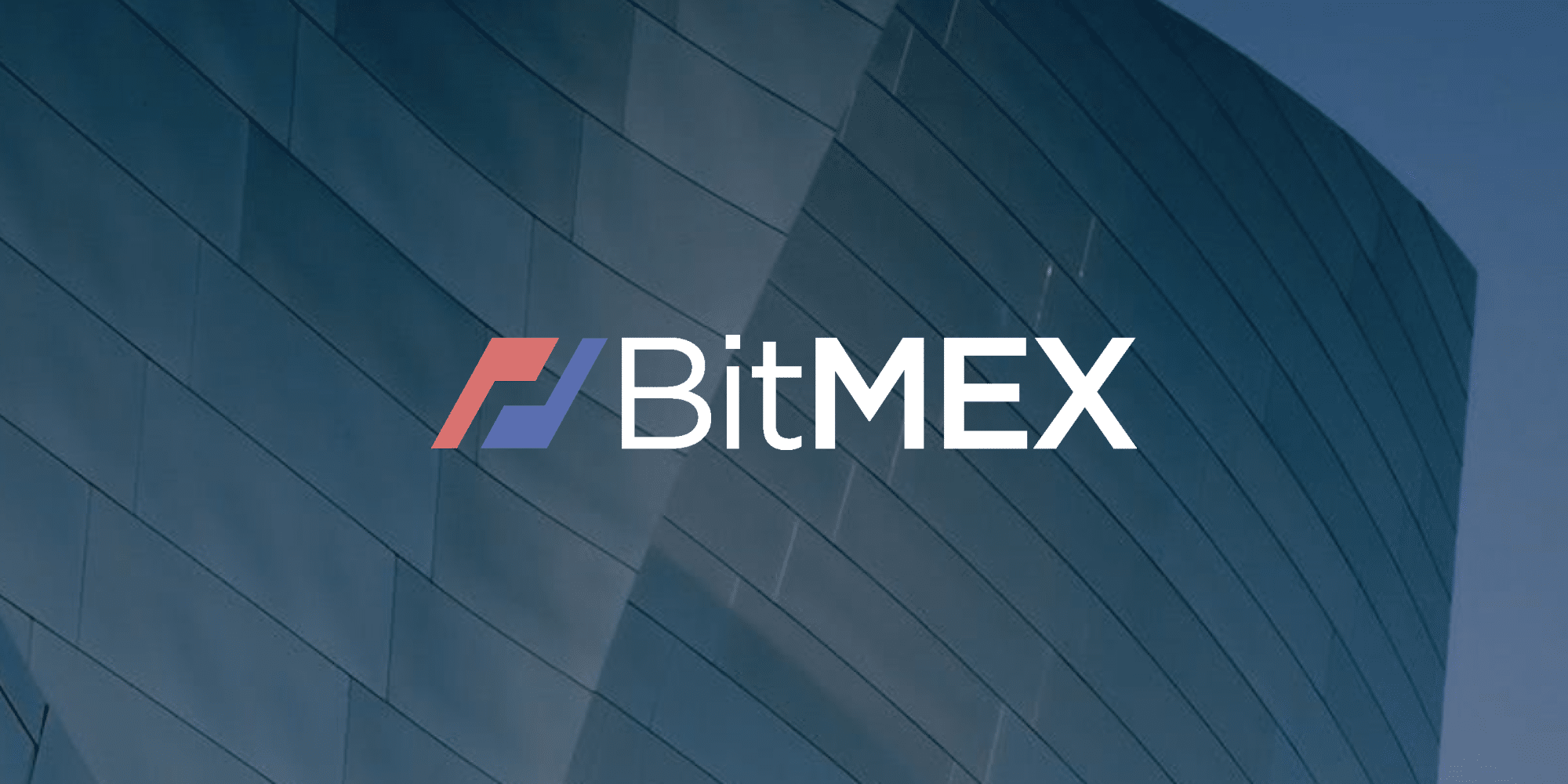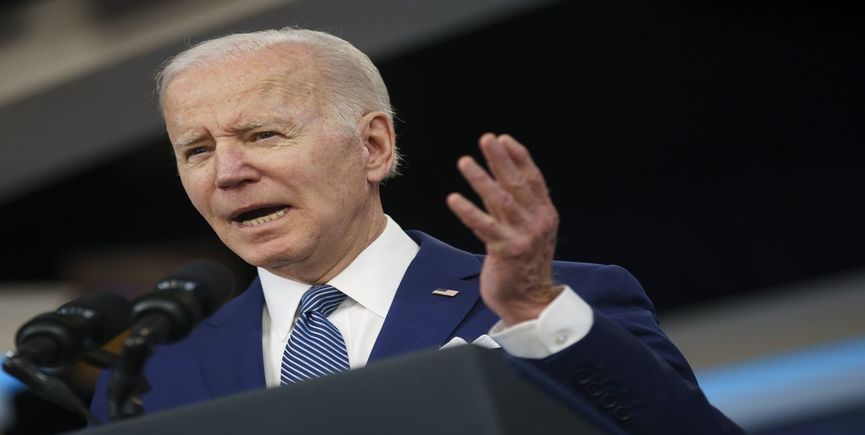Binance chief Changpeng Zhao pleaded guilty Tuesday to criminal charges and stepped down as the company’s CEO as part of a $4.3 billion settlement with the Department of Justice, according to court documents. The plea arrangement with the government resolves a multiyear investigation into the world’s largest cryptocurrency exchange.
Zhao appeared before Judge Brian Tsuchida in a Seattle courtroom to enter his plea. Zhao and others were charged with violating the Bank Secrecy Act by failing to implement an effective anti-money-laundering program and for willfully violating U.S. economic sanctions “in a deliberate and calculated effort to profit from the U.S. market without implementing controls required by U.S. law,” according to the Justice Department.
Zhao said Tuesday in a post on X, formerly Twitter, that he had “made mistakes” and “must take responsibility.” He said Richard Teng, the company’s former global head of regional markets, has been named the new CEO of Binance.
The action against Binance and its founder was a joint effort by the Department of Justice, the Commodity Futures Trading Commission and the Treasury Department. The Securities and Exchange Commission was notably absent.
Treasury Secretary Janet Yellen said in a release Tuesday that the exchange allowed illicit actors to make more than 100,000 transactions that supported activities such as terrorism and illegal narcotics and that it allowed more than 1.5 million virtual currency trades that violated U.S. sanctions.
It also allowed transactions associated with terrorist groups such as Hamas’ Al-Qassam Brigades, Palestinian Islamic Jihad, al-Qaida and ISIS, Yellen said in the release, noting Binance “never filed a single suspicious activity report.”
U.S. Attorney General Merrick Garland said in a press conference Tuesday that the fine is “one of the largest penalties we have ever obtained.”
“Using new technology to break the law does not make you a disruptor. It makes you a criminal,” Garland said.
“Binance prioritized its profits over the safety of the American people,” he said.
According to a 92-page consent order between Binance and Treasury’s Financial Crimes Enforcement Network, or FinCen, the crypto exchange “even developed a process to notify VIP users if they became the subject of a law enforcement inquiry.”
Zhao personally pleaded guilty to violating and causing a financial institution to violate the Bank Secrecy Act, according to the plea agreement. The DOJ is also recommending that the court impose a $50 million fine on Zhao.
Zhao has been released on a $175 million personal recognizance bond secured by $15 million in cash and has a sentencing hearing scheduled for Feb. 23.
Binance will continue to operate but with new ground rules. The company will be required to maintain and enhance its compliance program to ensure its business is in line with U.S. anti-money-laundering standards. The company is required to appoint an independent compliance monitor.
The case against Binance, which was unsealed Tuesday, shows that three criminal charges were brought against the exchange, including conducting an unlicensed money-transmitting business, violating the International Emergency Economic Powers Act, and conspiracy.
Binance has agreed to forfeit $2.5 billion to the government, as well as to pay a fine of $1.8 billion.
The Justice Department said in its filing Tuesday that Binance “knowingly and willfully” caused the supply of services to Iran, in breach of U.S. sanctions. It follows a report that Binance processed billions of dollars worth of Iranian transactions.
“Let me be clear: We are also sending a message to the virtual currency industry more broadly, today and for the future,” Yellen wrote in a press brief.
The settlement comes after FTX founder Sam Bankman-Fried was found guilty of several criminal counts of fraud and conspiracy on Nov. 2 following just three hours of deliberation by the jury. Experts told that, for a high-profile monthlong trial that involved nearly 20 witnesses and hundreds of exhibits, they’d never seen such a speedy decision.
We reached out to Zhao for comment but did not immediately hear back. Binance did not respond to several requests for comment.
The charges follow civil suits brought earlier this year by both the Securities and Exchange Commission and the Commodity Futures Trading Commission.
Binance has been the center of intense regulatory scrutiny over how it operates, with officials in multiple jurisdictions flagging concerns about the company’s approach toward launching in certain markets even when it lacks the authority to do so, and allegations of involvement in illicit dealings such as money laundering and securities fraud.
The SEC targeted the company with an expansive lawsuit in June, alleging that Binance was running an illegal securities exchange and mishandling customer funds.
The SEC hit rival exchange Coinbase with a similar lawsuit shortly after, alleging it is operating as an unauthorized securities exchange, broker and clearing agency.
And on Monday the SEC sued Kraken, alleging that the exchange commingled $33 billion in customer crypto assets with its own company assets, creating the potential for a significant risk of loss to its users.
In the 13 charges brought against Binance by the SEC, the agency accused Binance of commingling billions of dollars in customer money with Binance’s own funds, similar to allegations made against the now-bankrupt crypto exchange FTX. SEC Chair Gary Gensler added, “Zhao and Binance entities engaged in an extensive web of deception, conflicts of interest, lack of disclosure, and calculated evasion of the law.”
Started by the Chinese-born entrepreneur in 2017, Binance went from being a relatively obscure name to being a major force in crypto in a matter of weeks. Binance remains the world’s largest crypto exchange globally, processing billions of dollars in trading volume every year.
While its holding company is based in the Cayman Islands, Binance doesn’t have a global headquarters and Zhao frequently resisted calls to create one, saying he wanted the platform to run on a “decentralized” operating model.
In 2021, the U.K.’s Financial Conduct Authority barred Binance’s U.K. unit from operating in the country, saying it wasn’t authorized to carry out regulated activities. More recently, Binance scrapped plans to pursue a full U.K. license after the regulator said its know-your-customer and anti-money-laundering controls didn’t meet its requirements.
In the CFTC’s complaint, the regulator alleged that Binance, Zhao, and the company’s ex-chief compliance officer, Samuel Lim, operated an “illegal” exchange, ran a “sham” compliance program, and violated the Commodity Exchange Act, including laws “designed to prevent and detect money laundering and terrorism financing.”
Binance and Zhao filed a motion in July to dismiss the CFTC’s suit. The U.S. arm of the exchange is also pushing back on the SEC’s lawsuit, filing a protective order against what they call the SEC’s “fishing expedition.”
Of particular concern for the crypto industry are the implications of the agency’s crackdown on crypto for myriad tokens and blockchains — not just the exchanges. The SEC maintains that several of the tokens Binance and Coinbase offer on their platforms — such as Solana’s sol, Cardano’s ada, and Polygon’s matic — are securities that should have been registered with the agency.
